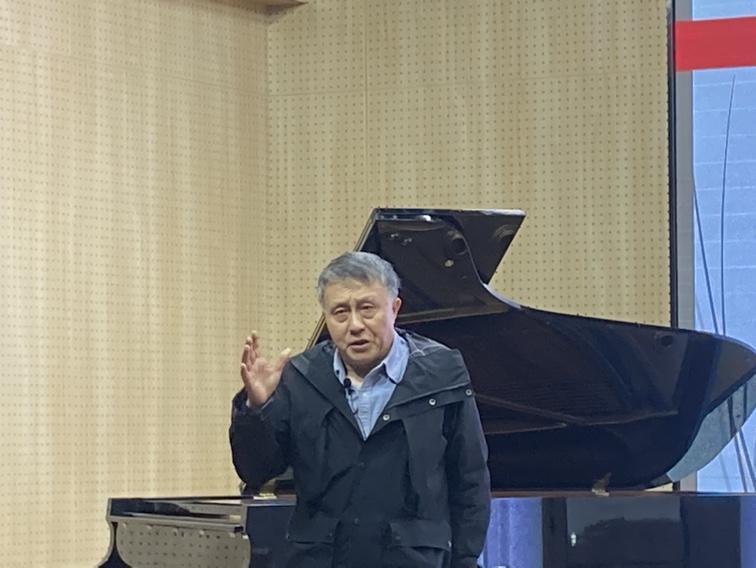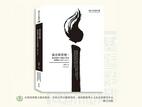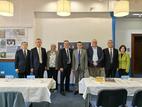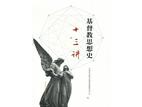On June 16, Jiang Yuanlai, the author of the book Culture and Christ: From Swallowing to Saving Men visited South China to hold the book launch conference with readers both in-person and online. The theme of the event was “Have We Forgotten the Silver Coins Left by the Lord?”
This book, published in earlier this year, is a magnum opus by Christian playwright Jiang Yuanlai. It is a collection of Jiang’s most popular courses that he has taught in various places for more than two decades—the "Culture and Christ" series.
Jiang Yuanlai, a native of Shanghai, went to the remote villages of Heilongjiang to "settle in the countryside" for more than three years. He became a Christian in the 1980s and entered the field of Christian culture in the early 1990s. Jiang began his drama writing at the end of the 1990s and was recognized as one of the most important folk playwrights on the Chinese mainland by critics. Consisting of eight chapters, the book talks about the relationship between culture and Christ.
Jiang began his sharing with a crucial scene from the film “Mission,” which is based on a true story in the history of Catholic missionary work. The film tells the story of how white Catholic missionaries from Europe spread the gospel to the indigenous people of South America. Due to the aggression of the whites towards the indigenous people, they viewed all whites as demons. When the first white missionary arrives in South America to preach the gospel, he was crucified and thrown into a river by the indigenous people. The second missionary knew that the indigenous people love music, so he brought an oboe, a Western musical instrument, to them and was eventually accepted. Within a few days, the entire indigenous tribe was converted to Christianity.
Using this film clip, Jiang reminded us that the difference between the second missionary and the first missionary was that “he had an oboe.” He believes that, while it is good to preach the gospel directly, it is often not feasible in reality. Many people in China have a deep psychological barrier against the gospel because modern history has made them wrongly believe that it is linked to imperialism and military aggression.
“The two-thousand-year history of Christianity is also the history of Christian culture and art.” Jiang believes that Christianity has accumulated a rich treasure trove of culture and art over the past two thousand years and that using culture as a means of evangelism is a great method, including works of music, drama, fine arts, and more. In the history of Christianity, evangelism has also been done through medicine, and now tourism culture is also a good approach.
He emphasized that, besides the Bible, both the church and individuals should have their own “oboes.”
Jiang pointed out that in the two-thousand-year history of Christianity, the church has undergone several major splits, such as between the Eastern Orthodox Church and the Catholic Church and between the Catholic Church and Protestantism. However, Christian culture and art have not been divided. He gave examples of Eastern Orthodox novelists like Tolstoy and Dostoevsky whose stories reveal Protestant themes of justification by faith, while Stephen Tong, a representative figure of Chinese Reformed theology, spoke enthusiastically about the music of the Catholic Beethoven.
Jiang reiterated that it would be a great disservice to God if we forgot these cultural treasures, like silver coins.
He recalled that when God called him to cultural work decades ago, he was criticized by the church because it was believed that culture belonged to the world and was considered heretical. In addition to prayer, he conducted research on culture and Christianity to convince himself, and these studies helped him see the importance of culture and encouraged him to continue to this day. As the importance of cultural missions has been increasingly recognized, people have invited him to share his insights, and he has also taught courses on culture and Christianity at various seminaries.
During the Q&A session, Jiang encouraged Christians to present historical materials they have uncovered through artistic forms such as novels, dramas, and poetry. They can also conduct field research, approach grassroots believers with courage and humility, live among them, and describe their experiences in the form of essays or literary works.
- Translated by Charlie Li












